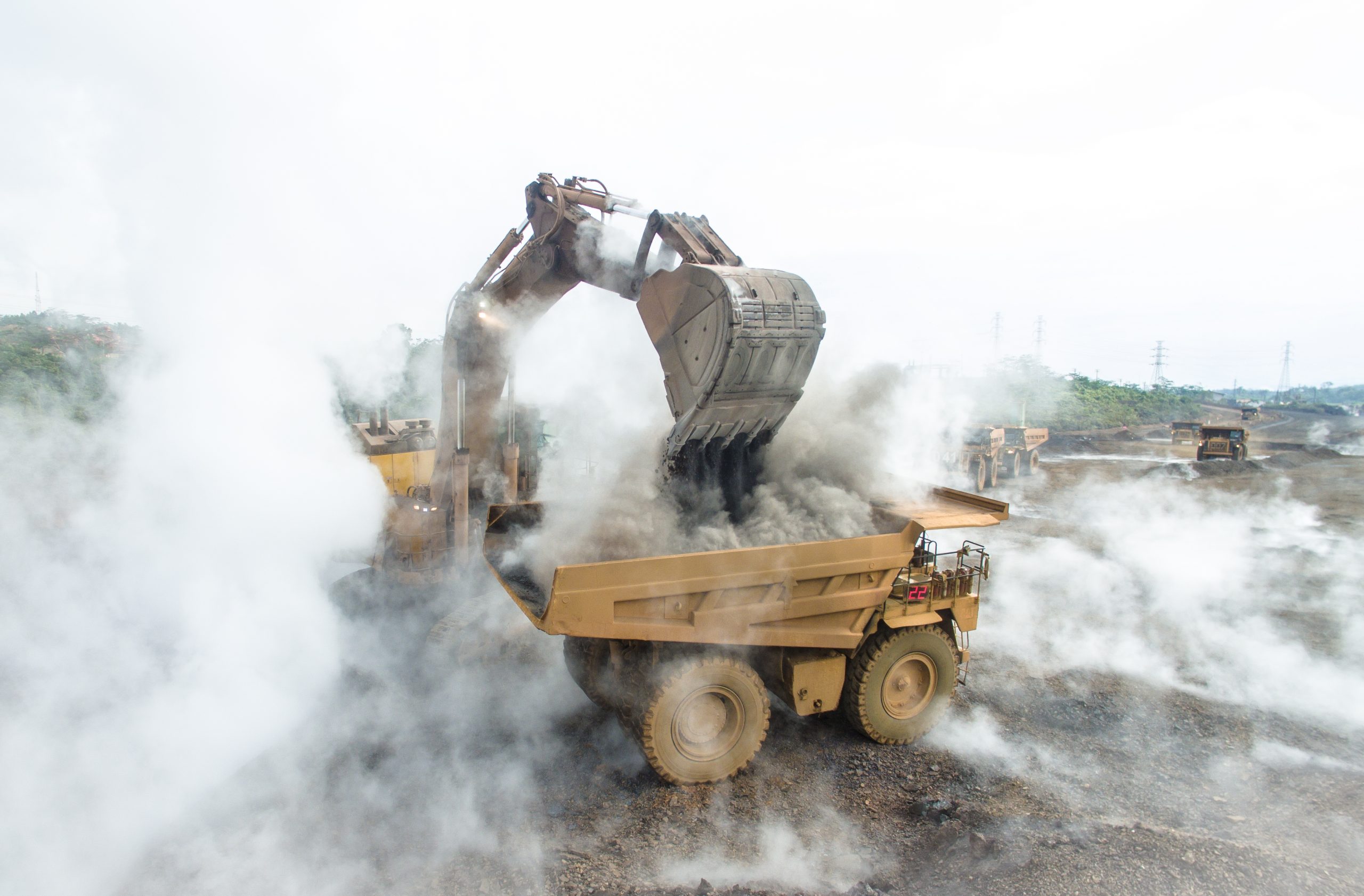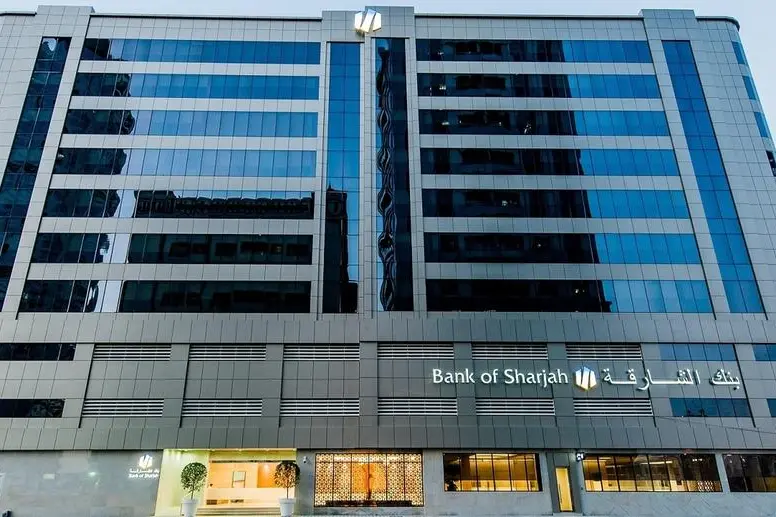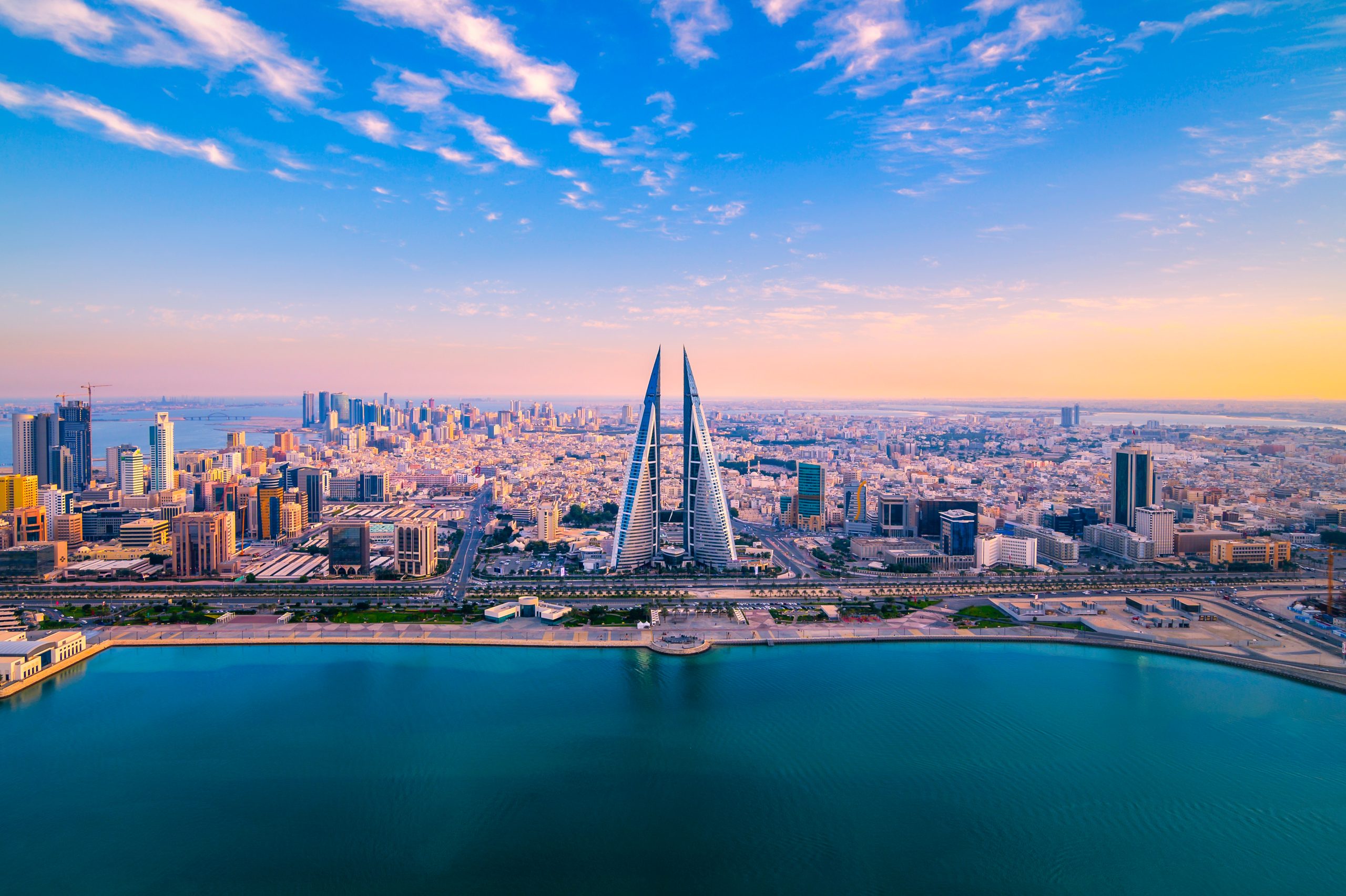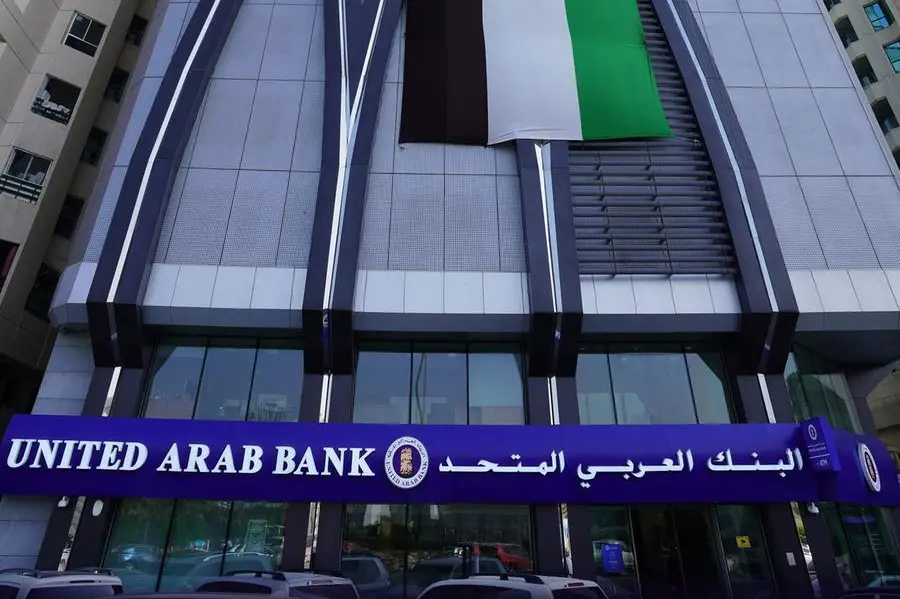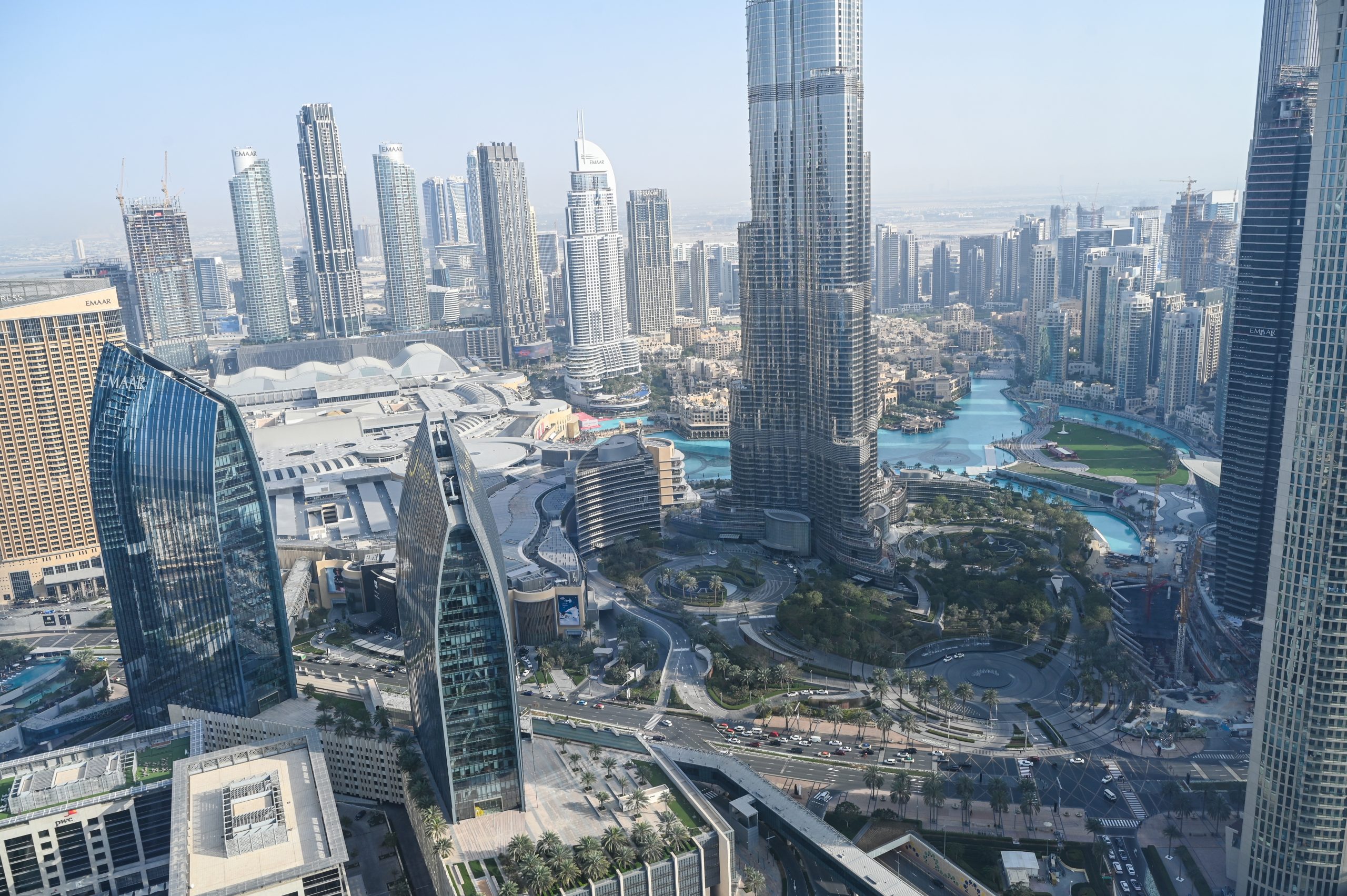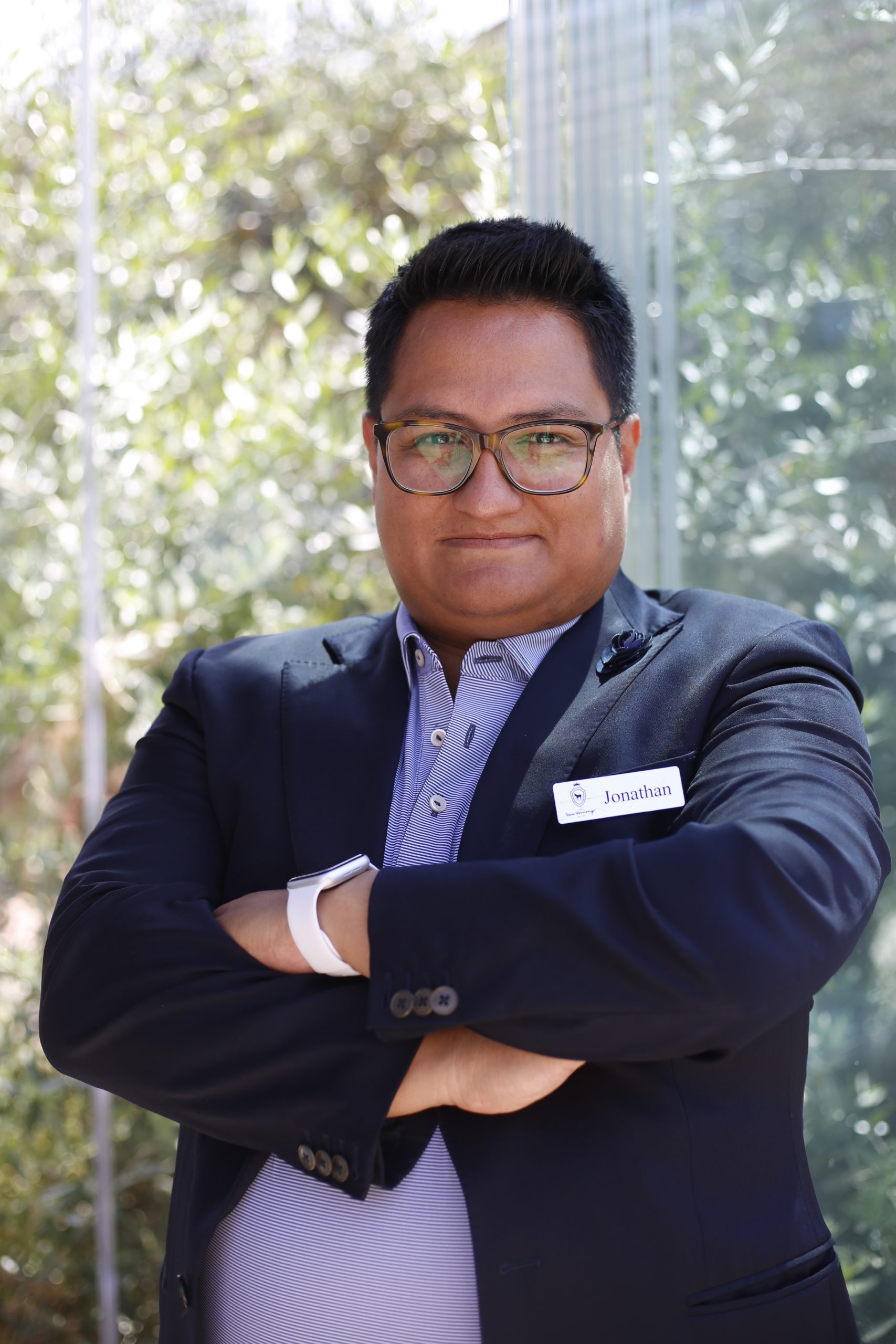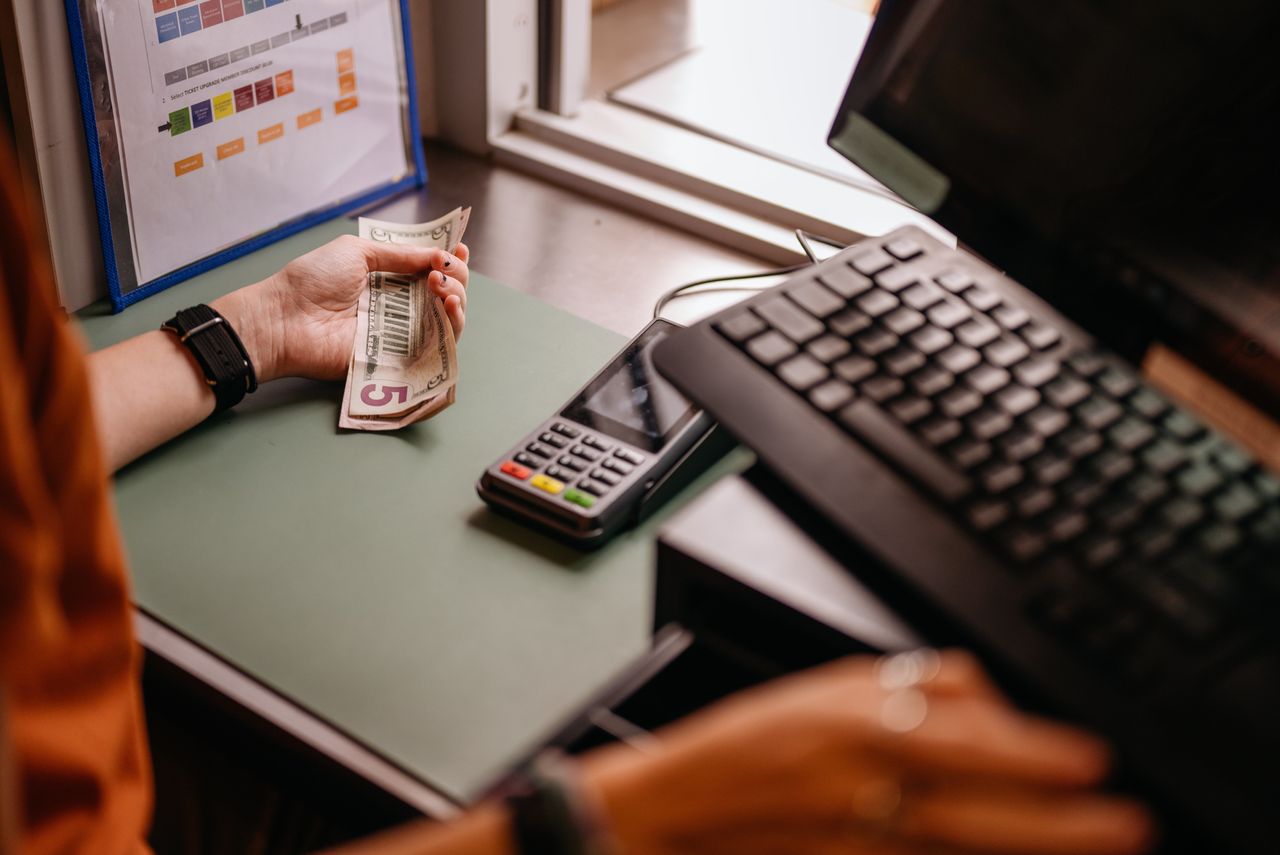ONE COUNTRY’S DREAM OF EV-DRIVEN PROSPERITY HELPS FUEL A COAL BINGE INSTEAD
Indonesia pitches its plan to leverage natural resources as a model for other developing nations.
A few years ago, Indonesia set out to turn its treasure trove of nickel into an electric-car manufacturing boom.
It imposed a sweeping ban on the export of raw nickel. That meant that companies wanting to tap the world’s largest source of the mineral—used in the most powerful type of EV batteries—would have to build smelters in Indonesia. Officials bet that factories to make EV batteries and entire electric cars would also follow, spawning end-to-end supply chains close to the mineral bounty.
The smelters came, and Indonesia’s nickel industry witnessed explosive growth. But powering it is a coal binge that is throwing off the country’s climate goals. And Indonesians are still waiting for EV makers to lay down production lines.
As President Joko Widodo prepares to leave office this year after a decade—the most he can serve—he is exhorting his potential successors to stick with the policy that is at the centre of his economic legacy. Indonesia holds presidential elections on Feb. 14, and a new leader will take charge in October.
Widodo has cast his plan, referred to in economist-speak as downstreaming, as the answer to the question of how Indonesia will become a rich nation. He says the country is reversing a 400-year pattern dating back to colonial times of being exploited for its natural resources and getting little in return. He has prodded other developing nations to follow its lead.
Last year, officials escorted delegations from mineral-rich Papua New Guinea and the Democratic Republic of Congo to one of Indonesia’s largest nickel industrial parks to show them the scale of Indonesia’s achievements. New Chinese-built smelters dot the archipelago. The value of Indonesia’s nickel exports is up four times since 2019 to around $33 billion.
Not everyone believes the silver metal is a silver bullet.
Nickel smelters have led to a surge in coal use, with new coal plants coming up at a time when the world is trying to phase out the fossil fuel. A January report by Climate Rights International, a U.S. environmental group, said that a single nickel-focused industrial park located on eastern Indonesia’s Maluku islands will burn more coal than Spain or Brazil when it is fully operational.
“We are sacrificing the environment and society, while at the same time getting limited profits for the country,” Muhaimin Iskandar, a vice-presidential candidate in the coming election, said during a televised debate with his political opponents.
Other candidates have pledged to carry forward the president’s nickel policies, including the front-runner for president, Prabowo Subianto, who has said it is much better to export electric-vehicle batteries than raw nickel.
The “dirty nickel” reputation is threatening the very economic opportunities Indonesia covets. In October, nine U.S. senators signed a letter opposing a proposed free-trade agreement to source critical minerals from Indonesia, citing environmental and safety concerns. Without a free-trade deal, EV batteries with substantial quantities of Indonesia-processed nickel won’t be eligible for a major U.S. tax credit.
That makes the country’s nickel less attractive to Western EV makers, who are already battling questions from green groups about the environmental fallout of the country’s sprawling nickel operations.
In a sign of the growing unease, a deputy director for batteries and critical materials at the U.S. Energy Department, Ashley Zumwalt-Forbes, voiced concern in a LinkedIn post last month about what she called the grip of dirty Indonesian nickel on the market. Indonesia accounts for half the global nickel supply, up from a quarter in 2018.
The problems with nickel are also pushing EV makers to rework car batteries and go nickel-free. A lithium-iron-phosphate alternative is gaining traction, though it remains less powerful than batteries containing nickel.
Then there is the question of whether the policy is taking Indonesia toward Widodo’s goal of downstreaming—that is, a shift to higher-value manufacturing. Widodo has long said the endgame isn’t localising nickel processing but rather attracting EV and battery factories. Anything less, he says, could put Indonesia on the same track as some commodity-rich Latin American economies that have languished.
But so far, EV makers haven’t rushed into Indonesia. Tesla, which Widodo has assiduously courted, including on a 2022 trip to Texas to meet with founder Elon Musk, hasn’t shown any signs it plans to set up a factory in the country. No other Western automakers have built EV factories either, though General Motors has a stake in one China-based automaker producing electric cars in Indonesia. Some, like Ford, have made deals to tie up nickel supply.
Korean automaker Hyundai has since 2021 operated one of Indonesia’s only EV factories, focused on the domestic market. The unit can produce 150,000 vehicles a year, but made fewer than 9,500 in 2022 and 2023. Hyundai and Korea’s LG expect to begin producing battery cells at a plant in West Java this year.
Automakers generally look to set up battery and EV plants in the markets where people are already buying electric cars. That puts Indonesia, where few consumers have switched from combustion-engine vehicles, at a disadvantage. The country has a limited charging network and gasoline is heavily subsidised.
Indonesian policymakers who believe the country’s nickel bounty gives it leverage over carmakers are mistaken, said Tom Lembong, a former trade minister under Widodo. He pointed to the growth of nickel-free batteries as a warning against betting big on nickel.
Lembong, who is advising presidential candidate Anies Baswedan—whose ticket advocates focusing on promoting labor-intensive industries—said Indonesia has made limited progress moving up the value chain.
“The irony about this is they call it downstreaming, but we’re still very upstream,” he said.
Septian Hario Seto, a senior Indonesian official involved in nickel policymaking, acknowledged that EV battery and car factories have been slower to come than nickel smelters. The government has brought new regulations to address that, he said, such as one that makes it easier for EV makers to import cars into Indonesia on the condition they later build a factory.
Last month, Chinese EV giant BYD said it would begin car sales in Indonesia, and break ground on a manufacturing unit later this year.
Overall, Seto said the nickel policy has been successful, boosting economic growth in less-developed eastern regions where the nickel is found, and providing jobs and tax revenue. The government has taken steps to limit environmental degradation, such as by banning companies from jettisoning mining waste into the ocean, and will try to bring hydropower projects online as an alternative to coal, he said.
Cullen Hendrix, a senior fellow at the Peterson Institute for International Economics in Washington, D.C., said there are two ways to assess Indonesia’s industrial policy.
“It’s been successful at driving foreign investment and building nickel processing capacity,” he said. “So far it hasn’t achieved the fully integrated mine-to-EV battery assembly to which it aspires.”
 Copyright 2020, Dow Jones & Company, Inc. All Rights Reserved Worldwide. LEARN MORE
Copyright 2020, Dow Jones & Company, Inc. All Rights Reserved Worldwide. LEARN MORE
Chris Dixon, a partner who led the charge, says he has a ‘very long-term horizon’
Americans now think they need at least $1.25 million for retirement, a 20% increase from a year ago, according to a survey by Northwestern Mutual
Highlighting a significant recovery and robust growth across all key performance metrics.
Bank of Sharjah has released its results for the period ending 30 June 2024, showcasing robust performance and strong momentum since the beginning of the year. The Bank reported a net profit of AED 171 million, a significant turnaround from the AED 144 million loss in the same period last year.
This remarkable improvement is attributed to a substantial increase in net interest income, stringent credit underwriting, and reduced operating costs, marking a 233% increase over the previous year when excluding the one-time impairment charge from de-linking its Lebanese subsidiary.
The Bank’s exceptional financial results highlight the effectiveness of its strategic focus on sustainable growth, with notable improvements across all major performance metrics. Funded and unfunded income both saw increases, with net interest income rising by 108% and operating income growing by 34%.
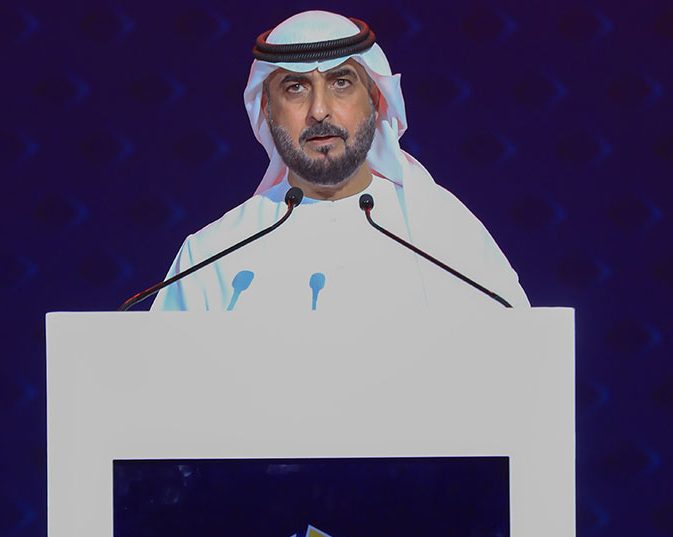
Additionally, the cost-to-income ratio improved significantly to 40.1% due to cost discipline measures. The balance sheet remains strong with a loans-to-deposits ratio of 86.63%, indicating comfortable liquidity. The Bank also maintains strong capitalization, with a regulatory capital adequacy ratio exceeding 15% and Tier 1 and CET1 capital ratios around 14%. These positive results underscore the Bank’s underlying strength, operational efficiency, prudent risk management, and ongoing enhancement of shareholder value.
Commenting on the Bank’s results, Sheikh Mohammed bin Saud Al Qasimi, Chairman of Bank of Sharjah, stated: “We are pleased with our outstanding performance in the first half of 2024, which reflects our commitment to adding value to our customers, supporting our communities, and rewarding our shareholders. Despite the challenging geopolitical situation in the region, the UAE economy has remained resilient and continues to register healthy growth following various economic diversification initiatives that provide consistent impetus for trade, investment, and wealth creation. Bank of Sharjah has entered a new chapter with a new leadership team, focused on building new business streams, expanding our reach across the UAE and the region, and delivering exceptional service to our customers.”
He added: “Our performance in the first half of the year demonstrates the effectiveness of our new strategy, and we look forward to delivering continued growth in the years to come.”
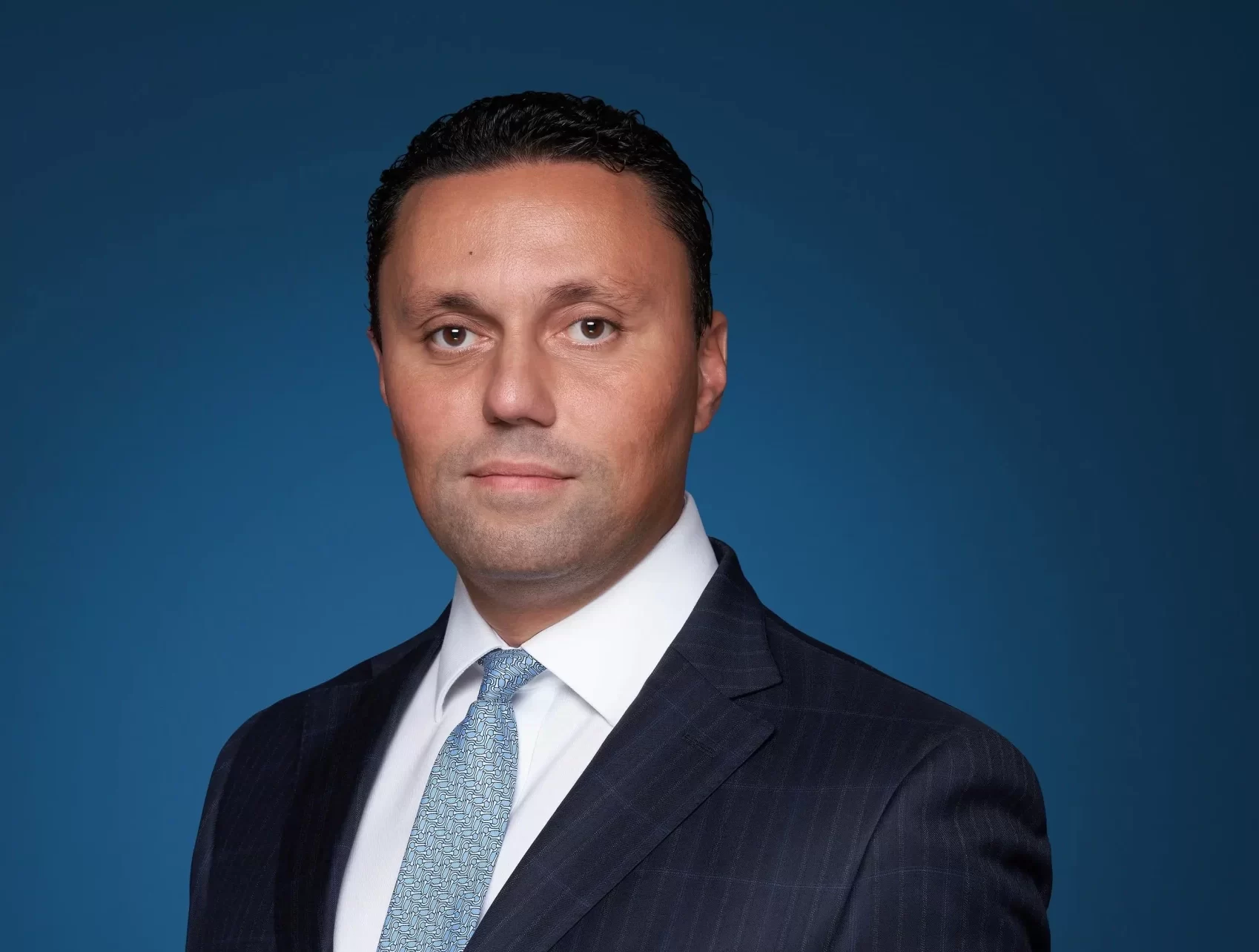
The CEO, Mr. Mohamed Khadiri, commented “2024 has begun exceptionally well for Bank of Sharjah, with the bank achieving a record year-on-year profit. I am delighted with our stellar performance as we continue to strengthen the bank’s fundamentals. Our outstanding results reaffirm that our new business strategy is on track to deliver sustainable revenue growth, driven by business expansion, operational efficiency, prudent risk management, and talent development. This achievement is also a testament to the Bank’s success in providing high-quality financial services that meet the aspirations and growing needs of our customers.”
He further added: “Bank of Sharjah is a strong and respected brand within the local community. We are leveraging our core strengths to build a platform that will operate at its full potential across the UAE and the region. The Bank remains focused on executing our strategy and is well-positioned to maintain strong performance throughout 2024 and beyond.”
Chris Dixon, a partner who led the charge, says he has a ‘very long-term horizon’
Americans now think they need at least $1.25 million for retirement, a 20% increase from a year ago, according to a survey by Northwestern Mutual









